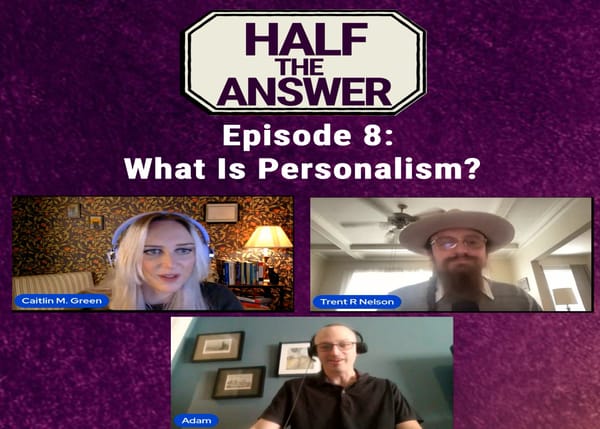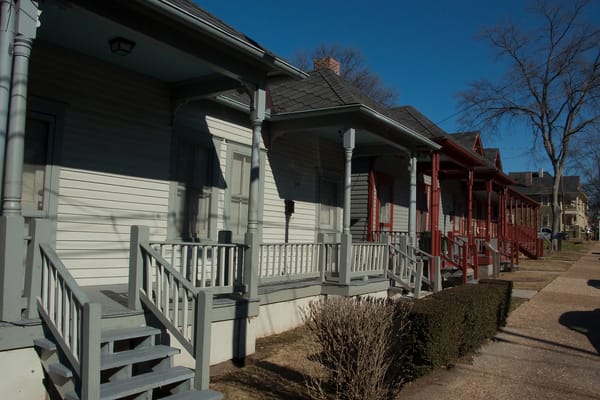More Policing Isn't the Solution to Anti-Asian Injustice

On March 16, a white man drove and entered three massage parlors in Atlanta and intentionally shot and murdered eight people, six of whom were Asian women. Only shortly before that, a 75-year-old Chinese American named Pak Ho, was murdered in Oakland Chinatown. A month before that, an 84-year-old Thai man named Vicha Ratanapakdee was brutally pushed to the ground and killed in San Francisco, and a 61-year-old Filipino man named Noel Quintana, was sliced with a box cutter in the metro in New York City.
Since the pandemic began, there has been a disturbing increase in violent hate crimes and other wrongdoings against Asian Americans. These incidents include shunning, being coughed and spat at in public places, verbal badgering and physical assault. 3,800 anti-Asian hate incidents have been reported in that time. Of those, almost 70% of victims were females; these crimes are not only racialized, but gendered.
Some have called for lowering the bar to bring hate-crime charges, toughening penalties and boosting police budgets in order to investigate the Asian attacks.
Others, like Grace Pai, Director of Organizing at the Chicago branch of Asian Americans Advancing Justice, are against the idea of meeting hate crime with increased policing: “Asian Americans have been negatively impacted by policing. We really don’t see the police playing a role in stopping these crimes from occurring.”
A Vancouver-based community organiser named Doris who experienced anti-Asian harassment last year said she reported the sexually explicit and racist comments to a nearby police but they told her the incident did not meet their threshold for recording as they didn’t consider it a crime.
Doris stated, “The police are not structured to fight racism. The job of the police is to fight crime. All the incidents that are reported to them are viewed from a criminal viewpoint, first and foremost.”
Not everyone feels safe reporting hate crimes to the police. Undocumented workers and sex workers, for example, take a tremendous risk by engaging with the police. Rather than investing more resources in the police who so often fail to safeguard these communities, more ought to be done to reimagine the wellness of local communities without relying on carceral logics.
Youths of color are way ahead in leading the path in these discussions, 72% of Asian American, 69% of Black and 64% of Latinx youth support the idea of divesting from police divisions and focusing their budget plans elsewhere like investing in areas such as education, healthcare and housing.
There are many organizations that have been working for justice in Asian communities, and it is to them that we ought to be looking rather than to the police. CAAAV: Organizing Asian Communities is an organisation that works with low-income Asian refugees and immigrants in New York City, has a long history of battling against Asian injustice in its entire form—from evictions to police savagery to work rights for sex workers, undocumented labourers, residential laborers, street hawkers, and clothing laborers.
Red Canary Song was established in the fallout of Yang Song’s demise—who tumbled to her demise in the wake of escaping law enforcement during a focused raid at a massage parlor in Flushing, Queens—as the solitary grassroots massage parlour that coalites in the country and arranges intersections of sex labour decriminalization, police nullification and migrant rights.
Despite the horrific cases of brutality we are seeing against Asian immigrants, Asian American women are at the cutting edges in these communities—putting together responses to such savagery, leading discussions around local area wellbeing, health, equity, and what it would mean to disinvest from all types of punitive injustice. Furthermore, this moment also features the prospects of migrant Asian laborers working in fortitude and alignment with transgender women, Black cisgender, queers and femmes that are especially helpless against fierce and violent policing strategies.
The work of the Asian American Feminist Collective is especially instructive, particularly their Black and Asian Feminist Solidarities project with the Asian American Writers Workshop in building an intersectional feminist politics for mutual liberation. On the West Coast, queer Asian American femmes have been on the frontlines building in alignment and deepening coalitional relationships with Black communities to mobilize solidarity rallies, mutual aid resources, and community-led public safety initiatives that help us to imagine otherwise.
President Joe Biden has also addressed the issue of anti-Asian attacks that it is “un-American and they must stop”. In addition to commenting on the anti-Asian attacks, Biden also signed a memorandum earlier this year that in part issued guidance on how the Justice Department should respond to the catapulting number of anti-Asian hate incidents.
Organisers and advocates are also calling on people to offer support and patronise Asian American-owned businesses which have been hit disproportionately hard by the COVID-19 pandemic and xenophobic attacks.
Ultimately, these organizations aren’t just bringing awareness to issues of anti-Asian racism but they’re also working to combat anti-Asian racism through policy and community mobilization.
To combat the current rise in harassment and discrimination and to also proactively prepare for the future increase of hate incidents, the fight against anti-Asian violence remains one with the struggle for all Black lives. In New York City, Los Angeles, Seattle and other cities throughout the United States ravaged by the COVID-19 pandemic, groups are uniting and fighting for the lives of those left to die.
Combined with demands to defund and dismantle the police, people are modelling other ways of living through mutual aid and practices of transformative justice, in recognition of the fact that a better world is possible.
Featured Image is Solidarity Against Asian Hate Crimes, by Becker1999




